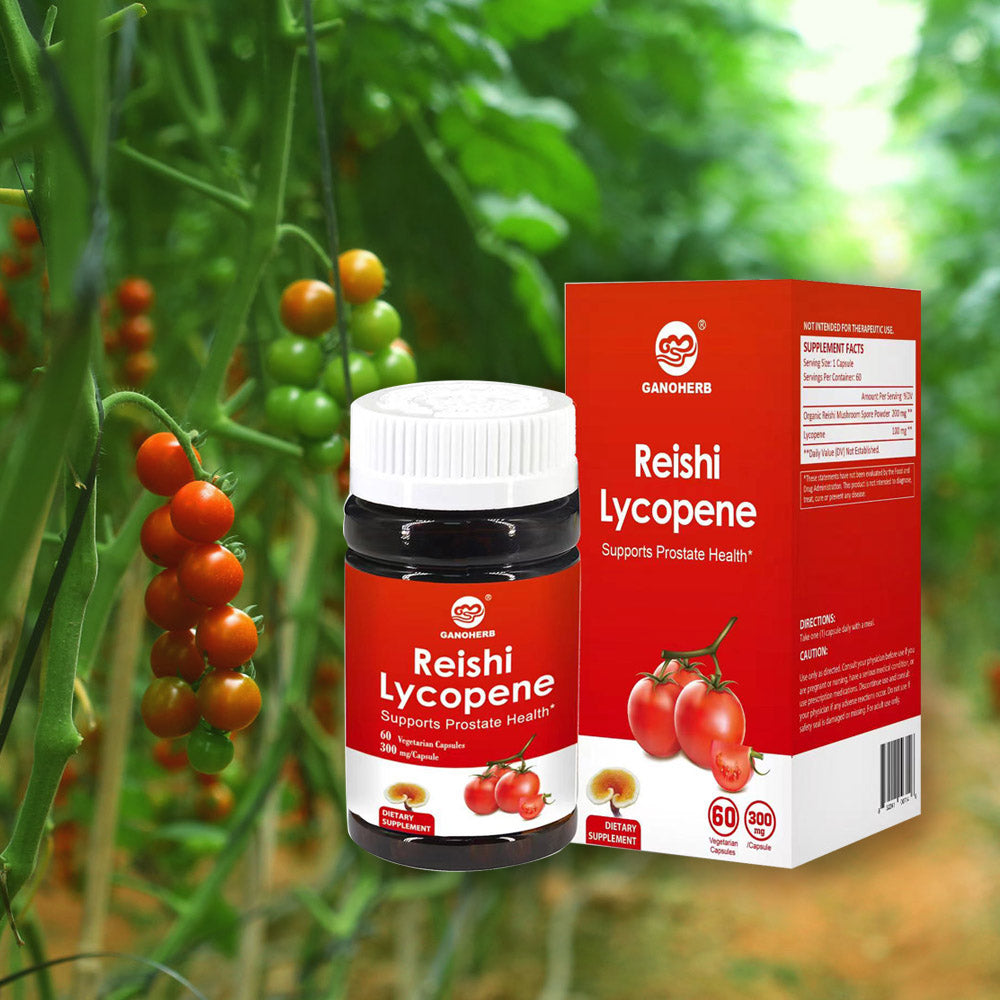7 Surprising Truths About Vegetarian Pumpkin Seed Oil Capsules
I still remember the first time I saw pumpkin seed oil on a menu in Austria—a dark, emerald-green liquid drizzled over a salad. The waiter proudly explained its artisanal origins, and I was captivated by its rich, nutty flavor. But let's be honest: most of us aren't regularly dining in Austrian villages, and carrying a bottle of oil isn't exactly convenient. This is exactly why I became curious about vegetarian pumpkin seed oil capsules.
The jump from that memorable salad dressing to a neat little capsule might seem big. You might be wondering: Does the capsule form hold up? Is it just as pure? As someone who prefers plant-based options, I wanted to dig deeper than the supplement label. This article isn't about making grand claims. Instead, it's a practical exploration of what these capsules are, how they're made, and what you should genuinely consider if you're thinking about adding them to your shelf. Let's uncover what's really inside that vegetarian-friendly shell.

From Pumpkin to Plant-Based Capsule: A Journey of Transformation
The story of a vegetarian pumpkin seed oil capsule begins, unsurprisingly, in a field. Specialized oilseed pumpkins, different from your typical jack-o'-lantern varieties, are cultivated for their rich, oil-filled seeds. Once harvested, these seeds are carefully cleaned and dried. The traditional method of extraction is cold-pressing. This mechanical process involves pressing the seeds at low temperatures to squeeze out their valuable oil, much like how olive oil is produced. This technique is preferred as it helps preserve the oil's natural composition and delicate nutrients without the use of chemical solvents.
The resulting oil is a deep green liquid, rich in its characteristic profile. But to become a vegetarian pumpkin seed oil capsule, it needs a suitable vessel. This is where the vegetarian part becomes crucial. Instead of using conventional gelatin capsules, which are derived from animal sources, manufacturers use plant-based alternatives. The most common material is pullulan, a polysaccharide fermented from tapioca, or sometimes hypromellose, derived from cellulose. The liquid oil is then carefully encapsulated, sealed within this plant-based shell to protect it from light and oxygen, which can cause spoilage. The entire process, from a humble pumpkin seed to a shelf-stable vegetarian pumpkin seed oil capsule, is a blend of simple agriculture and modern, ethical manufacturing.
Weighing the Practicalities: Potential Drawbacks to Consider
While vegetarian pumpkin seed oil capsules offer clear convenience, they come with their own set of practical considerations. The most immediate one for many is cost. High-quality, cold-pressed oil and vegetarian capsules are more expensive to produce than their conventional counterparts. This means a bottle of reputable vegetarian pumpkin seed oil capsules will often carry a higher price tag than a bottle of liquid oil or gelatin-based capsules.
There's also the question of sensory experience. The rich, nutty flavor of the liquid oil is part of its appeal for culinary use. In a capsule, this experience is completely lost. For some, this is a benefit; for others, it feels like missing out on a key aspect of the oil. Furthermore, the supplement market requires vigilance. Not all products labeled as pumpkin seed oil contain pure, high-quality oil. Some may be diluted with cheaper carrier oils or may not use oil from the preferred seed varieties. The vegetarian claim, while helpful, doesn't automatically guarantee the oil's purity or potency. You have to be a discerning shopper to find a truly high-grade vegetarian pumpkin seed oil capsule.
How to Select a High-Quality Vegetarian Capsule
Navigating the world of supplements can feel overwhelming. When your goal is to find a superior vegetarian pumpkin seed oil capsule, a few key factors can guide your decision. First, become a dedicated label reader. Look for clarity in the supplement facts. It should explicitly state that the capsule is vegetarian, often using terms like vegetable cellulose or pullulan. The source of the oil should also be mentioned; cold-pressed is a strong indicator of a quality extraction method.
The ingredient list should be refreshingly short. Ideally, it will list only pumpkin seed oil and the vegetarian capsule material. Be wary of long lists that include unnecessary fillers, flow agents, or preservatives. Transparency is another major marker of quality. Reputable brands often provide information about the sourcing of their pumpkins and may even offer a lot number you can trace. Some go a step further by obtaining third-party verification from independent labs, which test for purity and potency. This extra step adds a layer of trust to your purchase of a vegetarian pumpkin seed oil capsule.
Assessing the Value Beyond the Price Tag
Is a bottle of vegetarian pumpkin seed oil capsules a good value? The answer depends on your perspective and priorities. To assess this, look beyond the initial cost. Calculate the price per serving and compare the concentration of oil in each capsule. A cheaper bottle might contain less oil per capsule, meaning you'd need to take more to match the potency of a higher-priced competitor.
Now, compare this to buying a bottle of liquid, cold-pressed pumpkin seed oil. The liquid form is often more cost-effective per millilitre and can be used both as a supplement and a culinary ingredient. However, the value of a vegetarian pumpkin seed oil capsule lies in its unparalleled convenience, portability, and shelf-stability. For individuals who travel frequently, have busy lifestyles, or simply dislike the taste of the oil, the capsule form provides a consistent and easy method of inclusion. The value, therefore, is not just in the substance, but in the form itself.

Blending Capsules into Your Daily Routine
Incorporating a vegetarian pumpkin seed oil capsule into your daily life is straightforward, but a few simple practices can optimize the experience. Consistency is more important than timing, so find a moment you can stick with, such as with your morning smoothie or your main evening meal. Taking your vegetarian pumpkin seed oil capsule with food is a practical tip, as the presence of other dietary fats can support the absorption of the oil-soluble components.
Proper storage is key to maintaining the quality of your supplements. Despite the protective capsule, it's best to store the bottle in a cool, dark, and dry place. A kitchen cupboard away from the stove or oven is ideal. The goal is to make taking your vegetarian pumpkin seed oil capsule a seamless, almost automatic part of your day. By linking it to an existing habit, you ensure it becomes a sustainable practice rather than a chore you might forget.
Frequently Asked Questions About Vegetarian Pumpkin Seed Oil Capsules
Q1: What makes a pumpkin seed oil capsule vegetarian?
A1: A vegetarian pumpkin seed oil capsule uses a plant-derived shell, typically made from materials like pullulan (from tapioca) or hypromellose (from cellulose), instead of gelatin, which is derived from animal bones or skin.
Q2: How does the oil get from the pumpkin seed into the capsule?
A2: The seeds are first cold-pressed to extract the oil. This pure oil is then mechanically encapsulated within the vegetarian shell to create each vegetarian pumpkin seed oil capsule.
Q3: Is there a taste when taking these capsules?
A3: When swallowed whole, there is typically no taste. The vegetarian capsule shell effectively contains the oil, preventing the strong, nutty flavor associated with liquid pumpkin seed oil.
Q4: What is a typical serving size for these capsules?
A4: Serving sizes vary by brand, but a common range is one to two vegetarian pumpkin seed oil capsules daily, providing anywhere from 1000mg to 2000mg of oil. Always follow the specific dosage instructions on your product's label.
Q5: Can I take these capsules if I follow a vegan diet?
A5: Generally, yes. A vegetarian pumpkin seed oil capsule is suitable for vegans, but it is always best to double-check the product label for any non-vegan excipients or to look for a certified vegan logo to be certain.











